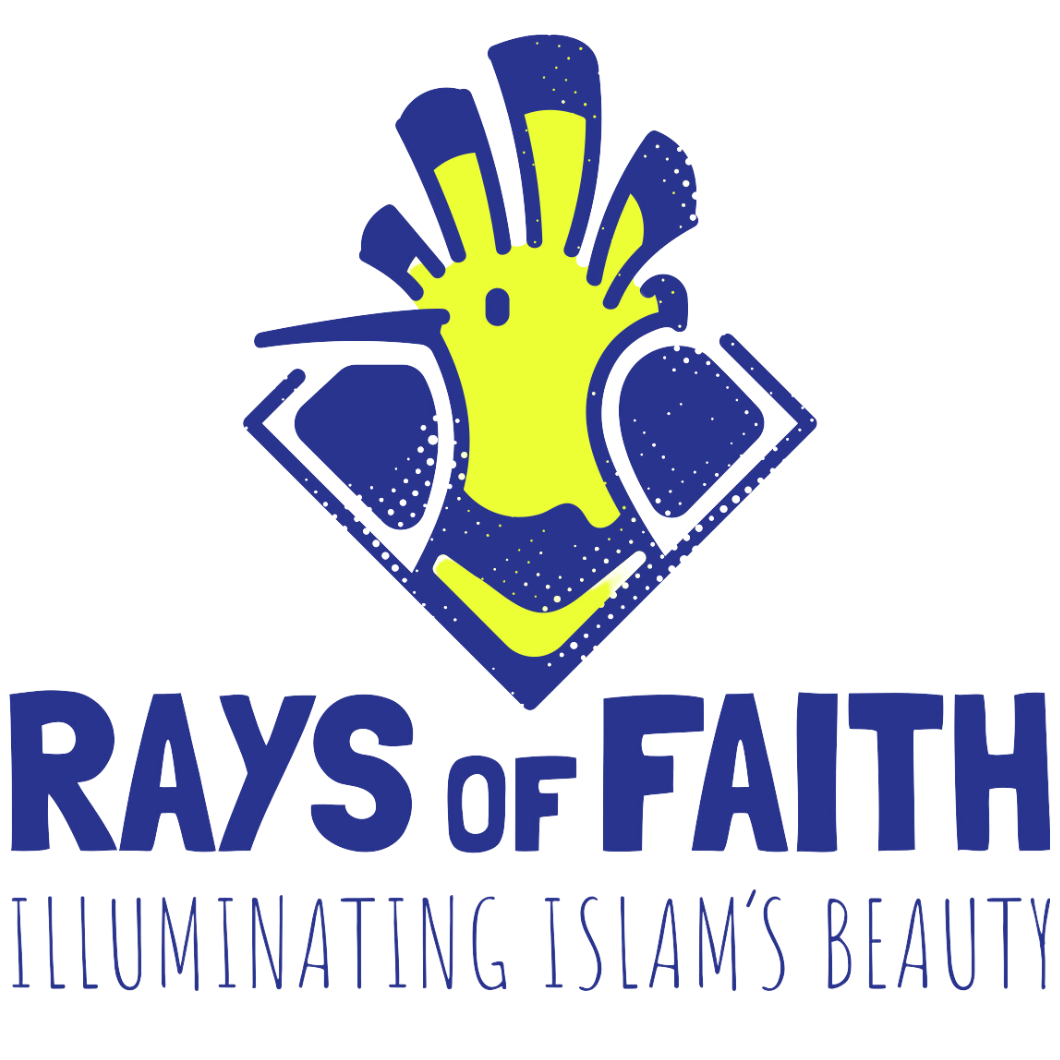Ramadan: A Month of Reflection and Community
Every year, Muslims around the world observe Ramadan, a holy month on the ninth lunar Islamic calendar. It’s a time for fasting (no food or drink) from dawn to dusk for about 30 days. Since the lunar calendar is shorter than ours, Ramadan “floats” through the seasons, so Muslims experience it all throughout their lives.
The Act of Fasting Defines a Muslim
Fasting during Ramadan isn’t just about being hungry. It’s a reminder of those less fortunate and a way to appreciate what we have. It’s one of the five core practices (pillars) of Islam, but there are exceptions. Kids, older folks, travelers, and people who are sick or pregnant don’t have to fast.
Beyond the abstinence from food and drink, Ramadan holds a profound purpose woven into the very fabric of the Islamic faith. It’s a month designated by God (Allah) in the Quran as a “training ground for piety” (Al-Baqarah 2:183).
Through this practice, Muslims commence on a spiritual journey of self-discovery, strengthening their connection with God and refining their character.
The cornerstone of this transformation lies in conquering desires and temptations. By abstaining from worldly pleasures, we learn to control our urges and prioritize spiritual nourishment. As the Quran beautifully reminds us, “Fasting is prescribed for you as it was prescribed for those before you that you may become righteous” (Al-Baqarah 2:183).
By experiencing hunger and thirst, we are reminded of those less fortunate, fostering a sense of shared struggle and gratitude for our blessings, The Quran beautifully captures this sentiment, stating, “Eat and drink until the white thread of dawn becomes distinct from the black thread” (Al-Baqarah 2:187). This verse not only marks the beginning and end of the fast but also highlights the shared experience of breaking fast together, reinforcing the spirit of community and equality.


